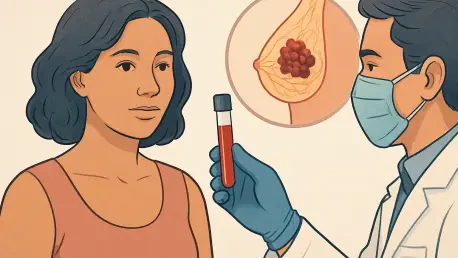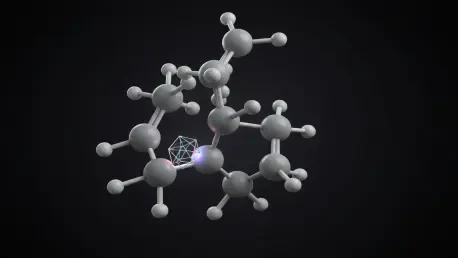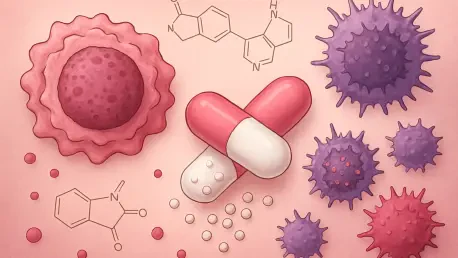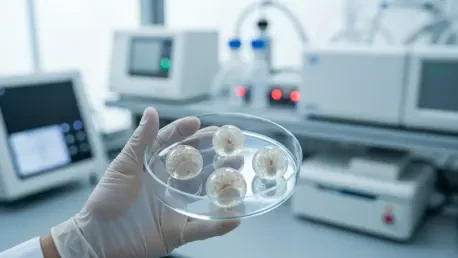
I'm Ivan Kairatov, and I've spent my career at the intersection of biotechnology and oncology, focusing on how we can use innovative tools to outsmart cancer. For too long in breast cancer care, we’ve been playing a waiting game. A patient undergoes successful treatment, and we tell them they are

For individuals with compromised immune systems, such as those recovering from intensive cancer treatments, the common herpes simplex virus can transform from a manageable nuisance into a severe, life-threatening adversary. The clinical challenge intensifies dramatically when the virus evolves

The immune system's most sophisticated soldiers, B cells programmed for a single mission, are now understood to possess a startling ability to shed their identity and revert to a dangerously flexible state. Groundbreaking research has unveiled a surprising twist in cellular biology, demonstrating

For patients diagnosed with acute myeloid leukemia, a notoriously aggressive blood cancer, the current standard of care initially offers a powerful ray of hope, but this victory is often fleeting as the treatment almost always fails when the cancer learns to outsmart it. This life-saving therapy

For patients diagnosed with the notoriously aggressive small cell lung cancer, the initial success of treatment often conceals a brutal truth about the formidable battle that lies ahead. This particular form of lung cancer presents one of modern oncology's most persistent and heartbreaking

A profound paradox exists within modern pharmacology where the treatments designed to combat deadly diseases can simultaneously inflict severe and lasting damage on the human brain. For countless individuals undergoing treatment for conditions like HIV and cancer, this is a harsh reality; up to